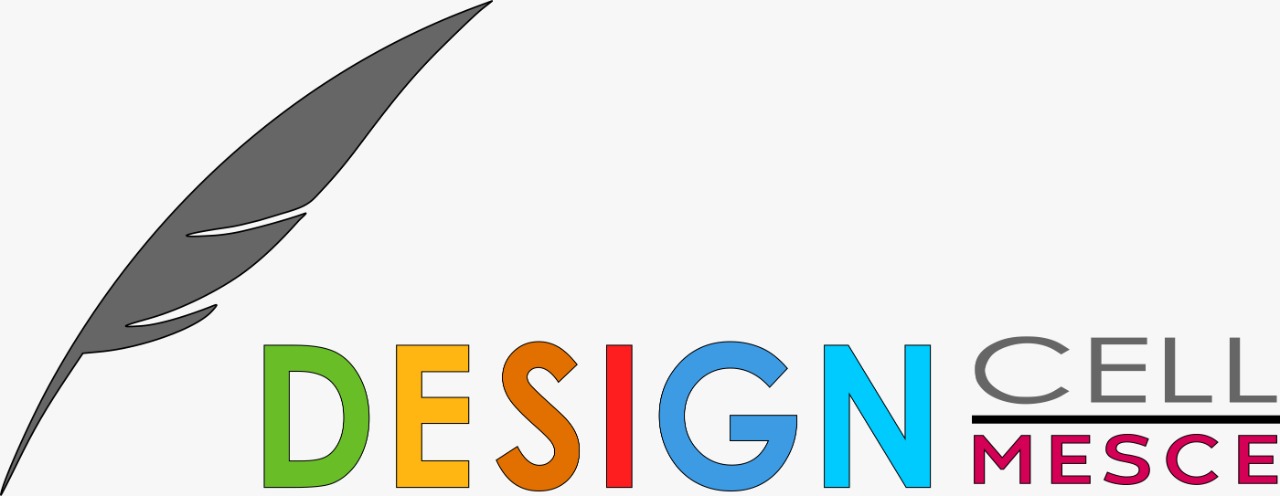
Dr. Syed Jalaludeen Shah
HoD, Department of Civil Engineering
civil@mesce.ac.in
+91 9249999818
Civil Engineering
The Department of Civil Engineering was started in the year 2007 with an intake of 40 for UG (B.Tech) which was increased to 60 in 2009. In 2012, the Postgraduate (M.Tech) course in ‘Construction Engineering and Management’ was started, with an intake of 18 students.
Well qualified and experienced faculty members and highly skilled lab assistants form the backbone of the department. The department has well equipped and state-of-the-art laboratories which cater to the needs of a civil engineering student.
In addition to the academic activities the department serves as an authorized testing and consultancy centre for various Industries as well as public departments like KPWD, CPWD, KWA, Indian Railway, Irrigation department, KSEB etc. The services offered by the department include structural design, detailing, testing, forensic investigations, field inspection and monitoring, surveying, site investigation report and expert opinion in various issues related to building construction, structural, geotechnical, transportation, environmental and water resources engineering.
The Department encompasses professional societies such as Indian Concrete Institute (ICI), American society of civil engineers (ASCE) chapters, which provides students a platform to acquire knowledge in various technical activities.The seamless efforts of our association volunteers achieved the best ICI Students Chapter Award in three consecutive years.
On the social commitment, the department has carried out a flood devastation survey in the year 2018 for Ponnai municipality and Thavanaur Panchayath respectively. The Alumni of our department created a new milestone by constructing a residential building called “ Sneha Veedu '' for a poor family in the Thavannur Panchayat and acted as technical experts in construction of many houses in and around the college premises. The department conducts different skill development courses under Additional Skill Acquisition Programme (ASAP), Govt. Of Kerala and Pradhan Manthri Kaushal Vikas Yojana (PMKVY) under MHRD and AICTE.
Vision
To develop internationally acclaimed educational programmes in Civil Engineering and equip the students to face current and future challenges, with due care of societal responsibilities.
Mission
Provide an educational, professional and intellectual experience that enables the students to serve industry, profession and society through novel solutions.
Educating, inspiring and mentoring students to develop creativity and innovative research capabilities.
Equip the graduates with professional ethics, moral values and leadership qualities, and make them socially responsible.
Programmes Offered
B.Tech in Civil Engineering - 60 Seats
M.Tech in Construction Engineering and Management - 18 Seats
B.Tech in Civil Engineering (Working Professionals) - 30 Seats
PROGRAM EDUCATIONAL OBJECTIVES (PEOs)
After 3-5 years of graduation, our students will be able to do the following-
- Commitment towards sustainable development and all-round growth of society, after analyzing its basic needs.
- Learn, design and harness evolving technologies as a part of an organization or as an entrepreneur through higher education, certification and continuous research.
- Good communication skills, interpersonal relationships and teamwork to take up any challenges in the present and future scenario.
PROGRAM SPECIFIC OUTCOMES (PSOs)
After graduation, our students will be able to do the following-
- Apply knowledge of Mathematics, basic science, general Engineering and core engineering skills to investigate, identify, formulate, analyze and find solutions to Civil Engineering problems.
- Design engineering structures with appropriate consideration for public health and safety, societal sustainability and environment considerations and to engage in lifelong learning in Civil Engineering and allied sciences.
- Realize the ethical and professional norms and responsibilities of Civil Engineering profession and to communicate effectively with the society.
- Function as a member of multidisciplinary team and to cognize Engineering management principles to manage projects under multicultural environments.
PROGRAM OUTCOMES (POs)
After graduation, our students will be able to do the following-
-
Engineering knowledge : Apply the knowledge of mathematics, science, engineering fundamentals, and an engineering specialization to the solution of complex engineering problems.
-
Problem analysis : Identify, formulate, review research literature, and analyze complex engineering problems reaching substantiated conclusions using first principles of mathematics, natural sciences, and engineering sciences.
-
Design/development of solutions : Design solutions for complex engineering problems and design system components or processes that meet the specified needs with appropriate consideration for the public health and safety, and the cultural, societal, and environmental considerations.
-
Conduct investigations of complex problems : Use research-based knowledge and research methods including design of experiments, analysis and interpretation of data, and synthesis of the information to provide valid conclusions.
-
Modern tool usage : Create, select, and apply appropriate techniques, resources, and modern engineering and IT tools including prediction and modeling to complex engineering activities with an understanding of the limitations.
-
The engineer and society : Apply reasoning informed by the contextual knowledge to assess societal, health, safety, legal and cultural issues and the consequent responsibilities relevant to the professional engineering practice.
-
Environment and sustainability : Understand the impact of the professional engineering solutions in societal and environmental contexts, and demonstrate the knowledge of, and need for sustainable development.
-
Ethics : Apply ethical principles and commit to professional ethics and responsibilities and norms of the engineering practice.
-
Individual and team work : Function effectively as an individual, and as a member or leader in diverse teams, and in multidisciplinary settings.
-
Communication : Communicate effectively on complex engineering activities with the engineering community and with society at large, such as, being able to comprehend and write effective reports and design documentation, make effective presentations, and give and receive clear instructions.
-
Project management and finance : Demonstrate knowledge and understanding of the engineering and management principles and apply these to one’s own work, as a member and leader in a team, to manage projects and in multidisciplinary environments.
-
Life-long learning : Recognize the need for, and have the preparation and ability to engage in independent and life-long learning in the broadest context of technological change.
Copyright © 2026 MES College of Engineering. All Rights Reserved
Developed and maintained by Cabin4 Professionals





